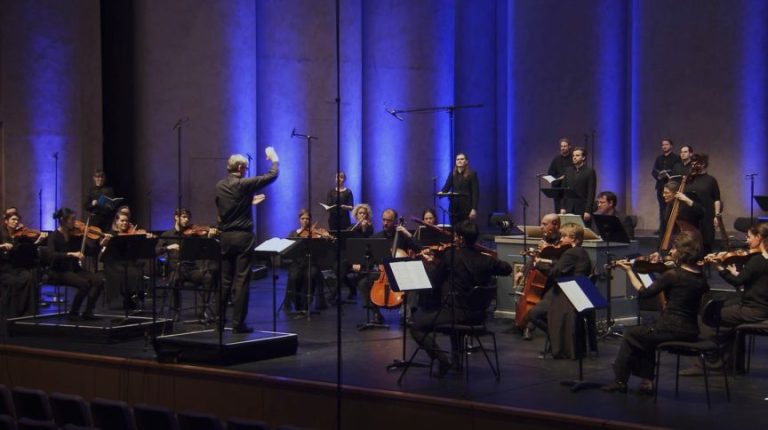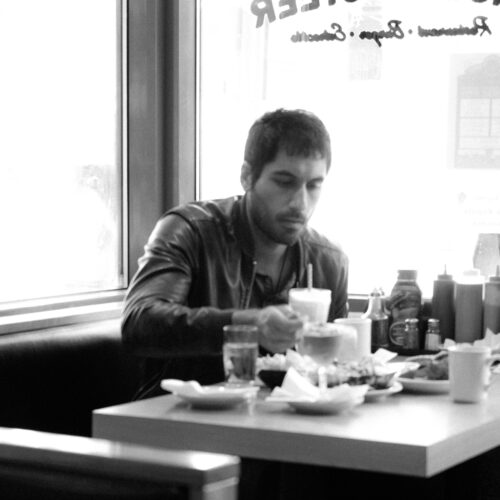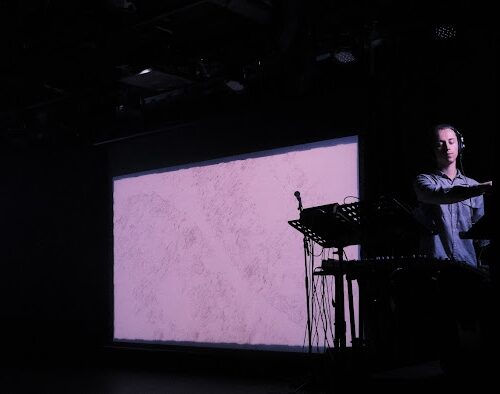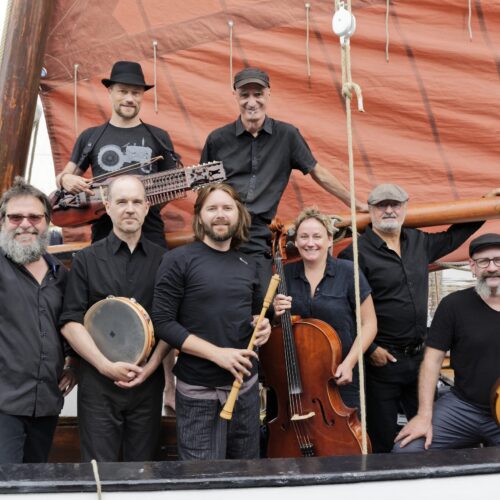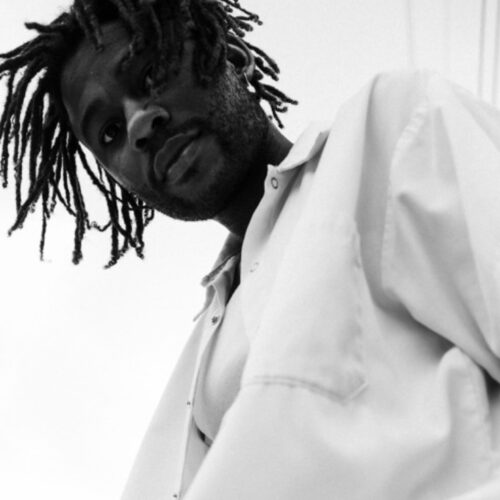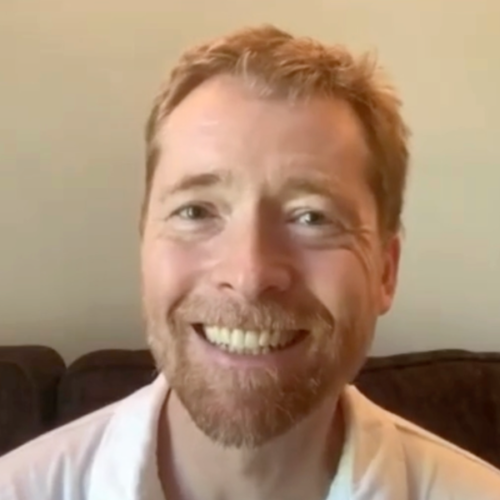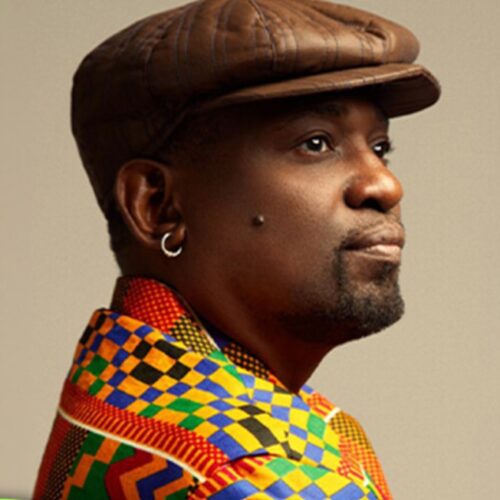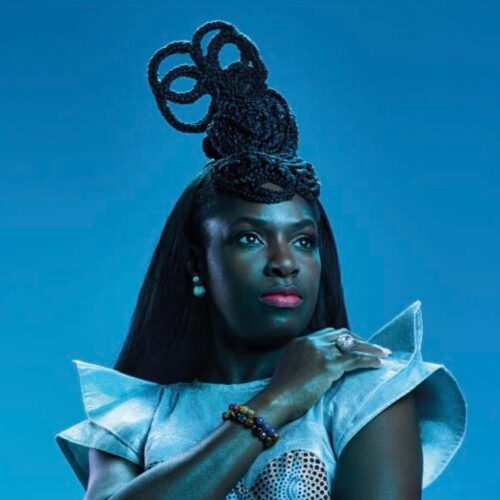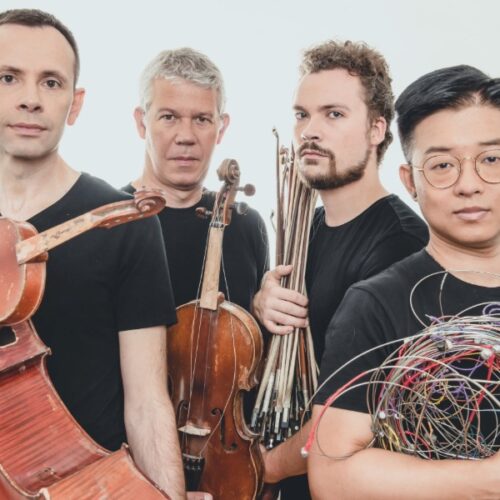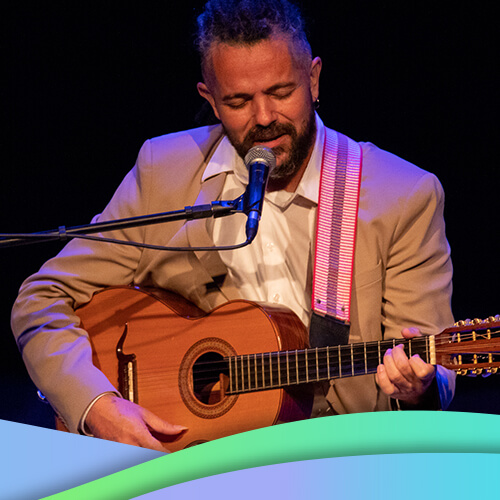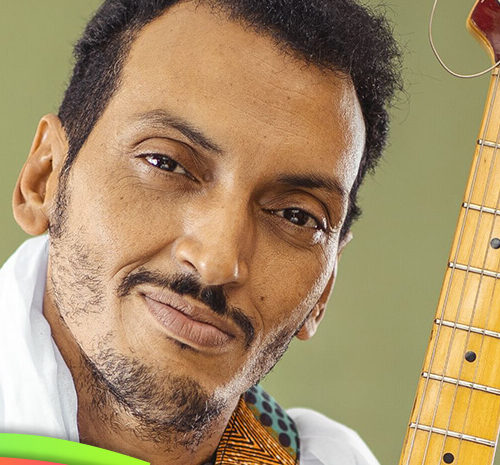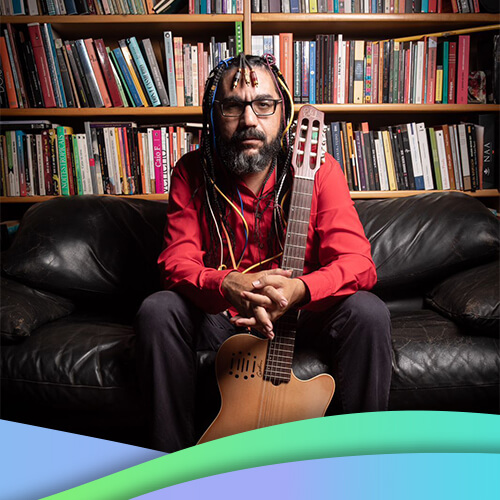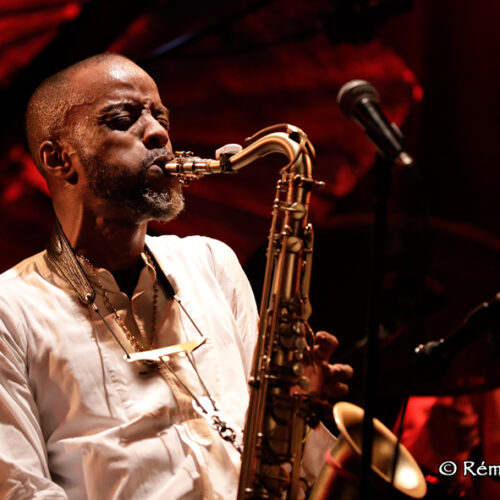Additional Information
In Montreal, the second half of November has been the peak period for the excellent Bach Festival for the past fifteen years, and the concert on Thursday promises to be one of the most remarkable in its schedule: from Germany, the Internationale Bachakademie Stuttgart welds together a baroque orchestra and a choir, the Gächinger Kantorei, making for a perfectly matched early music ensemble.
Led by Hans-Christoph Rademann, the ensemble has earned an international reputation for its Stuttgart Bach style, which experts recognize as emotionally charged and virtuosically precise.
To get us up to speed on the Internationale Bachakademie Stuttgart’s Montreal stop at the Maison symphonique this Thursday, 7:30 p.m., PAN M 360 talks with tenor Benedikt Kristjánsson, who plays St. John the Evangelist in JS Bach’s St. John Passion, BWV 245, composed by the cantor of St. Thomas Church in Leipzig shortly after he took office and premiered on Good Friday, April 7, 1724.
Here we are on November 17, 2022 and the masterpiece remains a masterpiece of the Baroque period in the field of sacred music.
PAN M 360: JS Bach is the central composer of this ensemble, but you are also involved in many types of Baroque?
BENEDIKT KRISTJANSSON: Yes, I would say that Bach is definitely central, and Baroque music is at the heart of the ensemble. But Mr. Rademann can also conduct Haydn, Mozart or Schumann.
PAN M 360: What is your personal connection to the St. John Passion?
BENEDIKT KRISTJANSSON: Well, there is probably no work that I have sung as much as this one. I’ve done it in several ensembles, and also with dancers, in a reduced formation with two instruments or even with children. So it’s evolved with me for at least the last 10 years of my career.
PAN M 360: How do you situate this work in relation to other large-scale works by Bach?
BENEDIKT KRISTJANSSON: It’s a very dramatic work, almost suitable for an opera. Whereas Bach’s Matthew Passion, for example, is more contemplative. More sacred in a way. More spiritual than theatrical, although the St. John Passion is also very spiritual.
PAN M 360: So the role of the Evangelist would be much more “theatrical” than other dramatic incarnations of Bach’s passions.
BENEDIKT KRISTJANSSON: Yes. In this St. John Passion, the singer has to have more weapons in his arsenal to portray St. John than is the case in the St. Matthew Passion. I think the arias in this work are also different in text and approach.
PAN M 360: If you compare this work to others by JS Bach, how would you rate its level of difficulty?
BENEDIKT KRISTJANSSON: I think that singing Bach is always very difficult. I’ve never sung a Bach Passion and thought it was very simple. I mean, actually, it’s always longer to master, it takes a lot more concentration and energy to bring the whole story to the table, whereas a cantata is much shorter, the message is shorter.
PAN M 360: And how do you see the performance of this piece by this ensemble evolving. Where were you before? Where are you now?
BENEDIKT KRISTJANSSON: After the departure of its founder Helmuth Rilling and the arrival of Mr. Rademann, the ensemble has changed significantly. Today, for example, the works are performed exclusively on period instruments. Rademann’s musical brain is completely different from Rilling’s. I must add that the former conductor was fantastic in his own way. But I didn’t feel that it was in the direction of today’s baroque revival, initiated by Johann Nikolaus Harnoncourt. And I think that this music is more accurately performed today, it is in my opinion more beautiful with period instruments. And today you have performers who focus on baroque music and who have necessarily developed an expertise in this sense. Of course, it’s a matter of taste, of course, but personally I think it’s much better in general. And I also like the theological dimension in his conducting.
PAN M 360: What do you mean?
BENEDIKT KRISTJANSSON: I mean that Rademann is really fascinated by the sacred text, by what is to be portrayed, by what Bach was thinking about when he composed the work in question. He is not only thinking about how the work should sound according to the instructions of his score, he is also thinking about the sacred text carried by the music. And so he pays particular attention to all the phrases, all the words pronounced by the soloists in order to translate the sacred text as faithfully as possible. This can be seen in the vocal inflections, for example, when Jesus appears before Pilate and the latter tries to persuade himself that he is higher than him and his god, that he is the person with the power. This kind of detail suggested by Rademann seems to me to be like gold dust that is deposited on the work thus interpreted.
PAN M 360: When conducting or playing the music of such a work based on a religious text, does believing in it really elevate the interpretation in your opinion?
BENEDIKT KRISTJANSSON: It is the same thing if you make of the opera ; you have to get to the heart of the script. You have also to get to the heart of the character or characters you have to play. You have to understand the context of the libretto and find a kind of truth for yourself as a performer, a truth sometimes related to your own life. So that’s what you have to do here with a text from the Bible. I’m personally very religious, Rademann is also religious as are other people in the orchestra. Others are not. In fact, you don’t have to be a believer or a religious person at all for this interpretation, you have to go deep into the theme of the work.
PAN M 360: Whether the members of your ensemble believe or not, most of them come from the German Lutheran tradition, that is, a great mystical connection between music and the sacred. So you are connected to this tradition yourself, aren’t you?
BENEDIKT KRISTJANSSON: Yes, absolutely. My father was a bishop, so I was brought up in that environment and I still have the values of that. That said, belief is not a prerequisite for a great interpretation of a sacred text set to music. It is an individual choice and you choose what you want when you absorb that knowledge as an artist.
